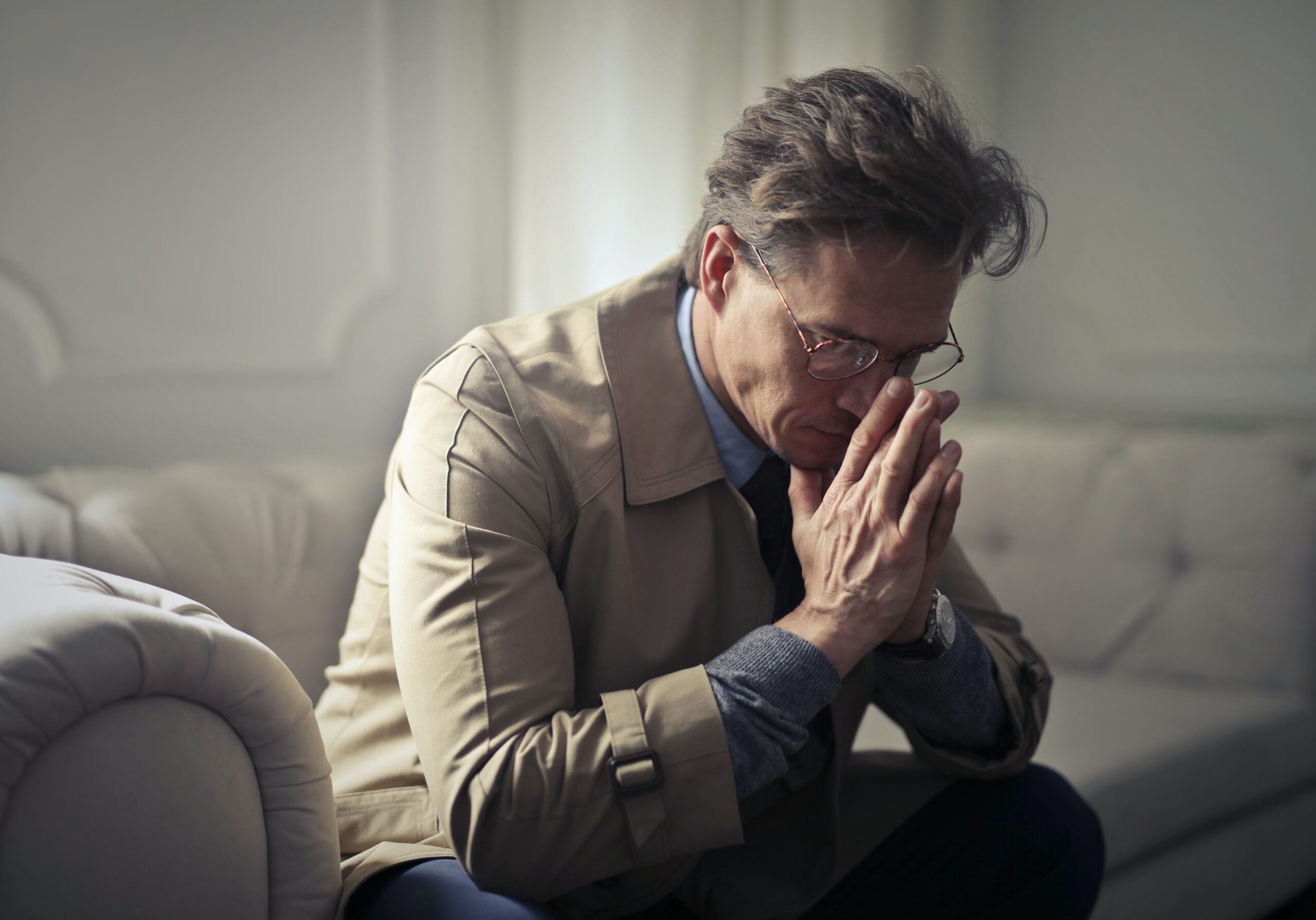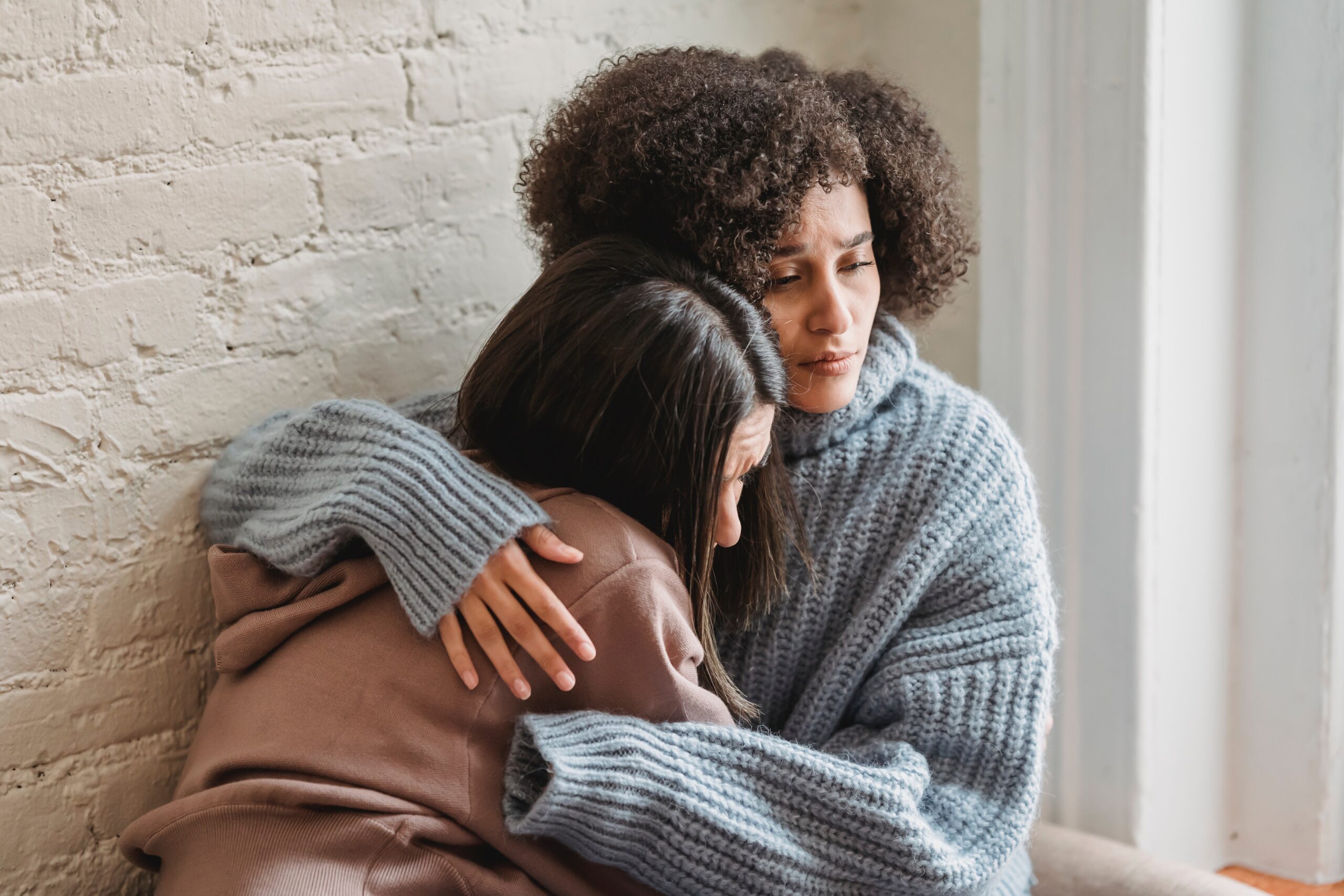Feeling hopeless is when you get stuck in a really deep sense of despair and it’s hard to see any positivity or good things coming your way. It’s a normal thing that happens to most people at some point. This feeling can creep up when life gets tough, or when you start noticing all the big problems in the world.
When you find yourself asking, “Why do I feel hopeless?” it’s like you’re trapped in this cycle where you think nothing will ever get better, and you have no control over it. This can weigh you down and lead to strong negative emotions like sadness, anxiety, or anger.
On top of that, hopelessness can fuel depression. It can make you lose interest in things you used to enjoy and make you feel like you’re not worth much. But the good news is, there are ways to break out of that hopelessness and start feeling better. It’s crucial to reach out to someone you trust when you’re going through this, as they can provide support and help you find your way back to hope and happiness.

Exploring Theories of Depression
Depression is a complex topic, and there are various theories that try to explain why it happens. Let’s take a closer look at some of these theories:
Biological Theory: This idea suggests that depression might be linked to imbalances in certain chemicals in the brain, like serotonin, norepinephrine, and dopamine.
Cognitive Theory: Here, the focus is on how our thoughts can affect our mood. People with depression often have a habit of thinking negatively about themselves, others, and the future, which can lead to those feelings of hopelessness and despair.
Behavioral Theory: This theory suggests that depression can develop as a result of learned behaviors. When someone goes through tough times and feels like they have no control over their life, they might start feeling powerless and hopeless.
Psychodynamic Theory: Some believe that deep-seated conflicts from childhood experiences can resurface in adulthood as feelings of guilt, worthlessness, and self-blame, contributing to depression.
Sociocultural Theory: This theory looks at how external factors like poverty, discrimination, and lack of social support can play a role in depression. It suggests that our social and cultural surroundings can influence our mental health.
These theories help us understand the many facets of depression, but there are also other researchers and theorists with their own ideas about depression and the causes of hopelessness. In this article, we’ll dive into the perspectives of three such theorists and see what they have to say about it.

Sigmund Freud’s Take on Depression
Sigmund Freud, who lived a long time ago (1856-1939), didn’t exactly lay out a “hopelessness theory” for depression, but he had some interesting ideas about what causes it and how it shows up. Let’s break down what he thought:
1. Unresolved Childhood Conflicts: Freud believed that depression came from unresolved problems from our early years. He thought that when we can’t sort out these issues, we end up feeling really down. This often shows up as feeling worthless and blaming ourselves for stuff.
2. Mourning and Melancholia: Freud had this idea that depression could be like grieving for someone or something we’ve lost. It’s like we’re sad about losing an idealized version of ourselves or someone we cared about. And when we’re sad this way, we might turn that sadness into anger against ourselves, which makes us feel even worse.
What Freud’s ideas teach us is that sometimes, what’s going on deep down inside us can play a big role in depression. So, in therapy, people might use Freud’s theories to dig into those hidden feelings and try to figure out what’s really bothering them underneath it all.
Aaron Beck’s Take on Depression
Now, let’s dive into what Aaron Beck, who was around from 1921 to 2021, thought about depression. He had this cool idea called the “hopelessness theory.” Basically, he believed that depression starts when we have really negative thoughts about ourselves, the world, and what’s coming in the future.
According to Beck, when bad stuff happens to us, it can make us feel hopeless. This hopelessness makes us think even more negatively, which then leads to feelings of being stuck and super sad.
Beck also talked about something called “cognitive distortions.” These are like thinking traps that make us see everything in a super negative way. For example, we might think in extremes, like “everything is terrible,” or we take things too personally, thinking everything bad is our fault. These thinking traps make the sadness and hopelessness worse.
So, when people use Beck’s ideas to help with depression, they try to spot these negative thoughts and challenge them. It’s like saying, “Hey, maybe things aren’t as bad as I think.” They also do things that make them feel good and accomplished, which is called “behavioral activation.”
Overall, Beck’s hopelessness theory tells us that it’s important to tackle those negative beliefs and thoughts when dealing with depression. By working on changing those thoughts and doing stuff that makes us happy, we can start feeling better.
Martin Seligman’s View on Depression
Now, let’s check out what Martin Seligman, born in 1942, had to say about depression. His theory is kind of like this: When people start feeling like they can’t control anything in their life and they’re stuck in a hopeless situation, that’s when depression can creep in.
Seligman talked about three things that can make this hopelessness and depression worse:
1. Cause of Negative Events: This is all about whether you think bad stuff happening is your fault or not. If you blame yourself for everything that goes wrong, it can make you feel helpless and lead to depression.
2. Globality of Negative Events: This is about whether you think bad things are happening in just one part of your life or if it feels like everything is falling apart. When it feels like everything’s going wrong, it can make depression more likely.
3. Stability of Negative Events: This one’s about whether you think the bad stuff will last forever or if it’s just temporary. If you believe that things are never going to get better, it can lead to hopelessness and depression.
Seligman’s big idea is that it’s super important to help people feel like they have some control over their life. In therapy, they work on changing those negative thoughts, figuring out how to solve problems, and boosting their self-esteem and confidence. This helps them avoid or deal with depression better.

In Summary
To sum it up, no matter how many fancy theories and smart thinkers we have, it’s really important to deal with those feelings of hopelessness and depression because they can seriously mess with your mental health and how you feel overall.
So, what can you do? Well, there are a bunch of ways to tackle this stuff. You might chat with a therapist, try out some meds if needed, make some changes in your life like exercising and eating well, and don’t forget to take care of yourself. All of these things can help you learn how to cope and see the bright side of life again.